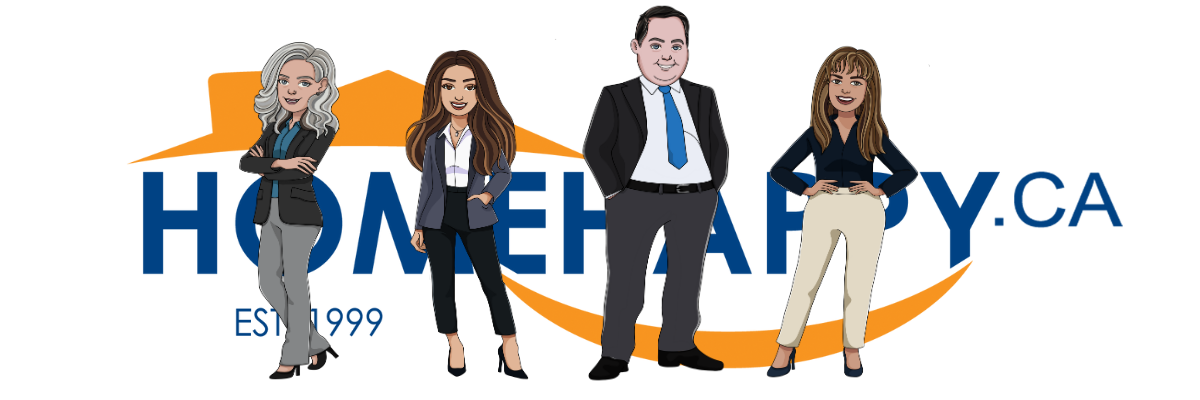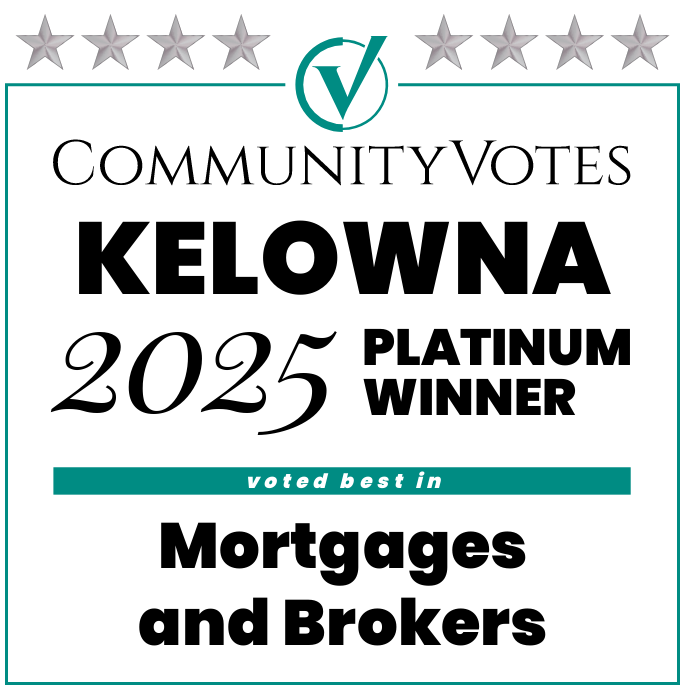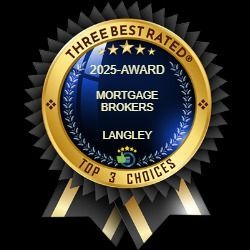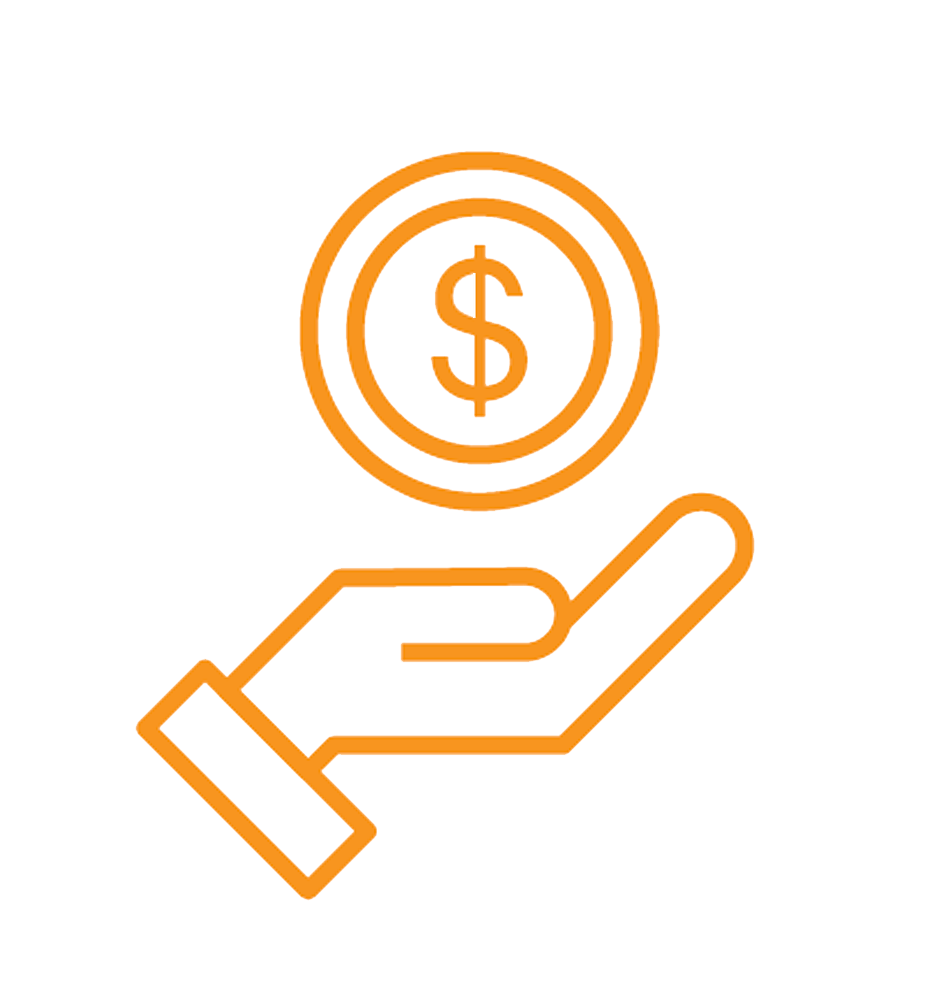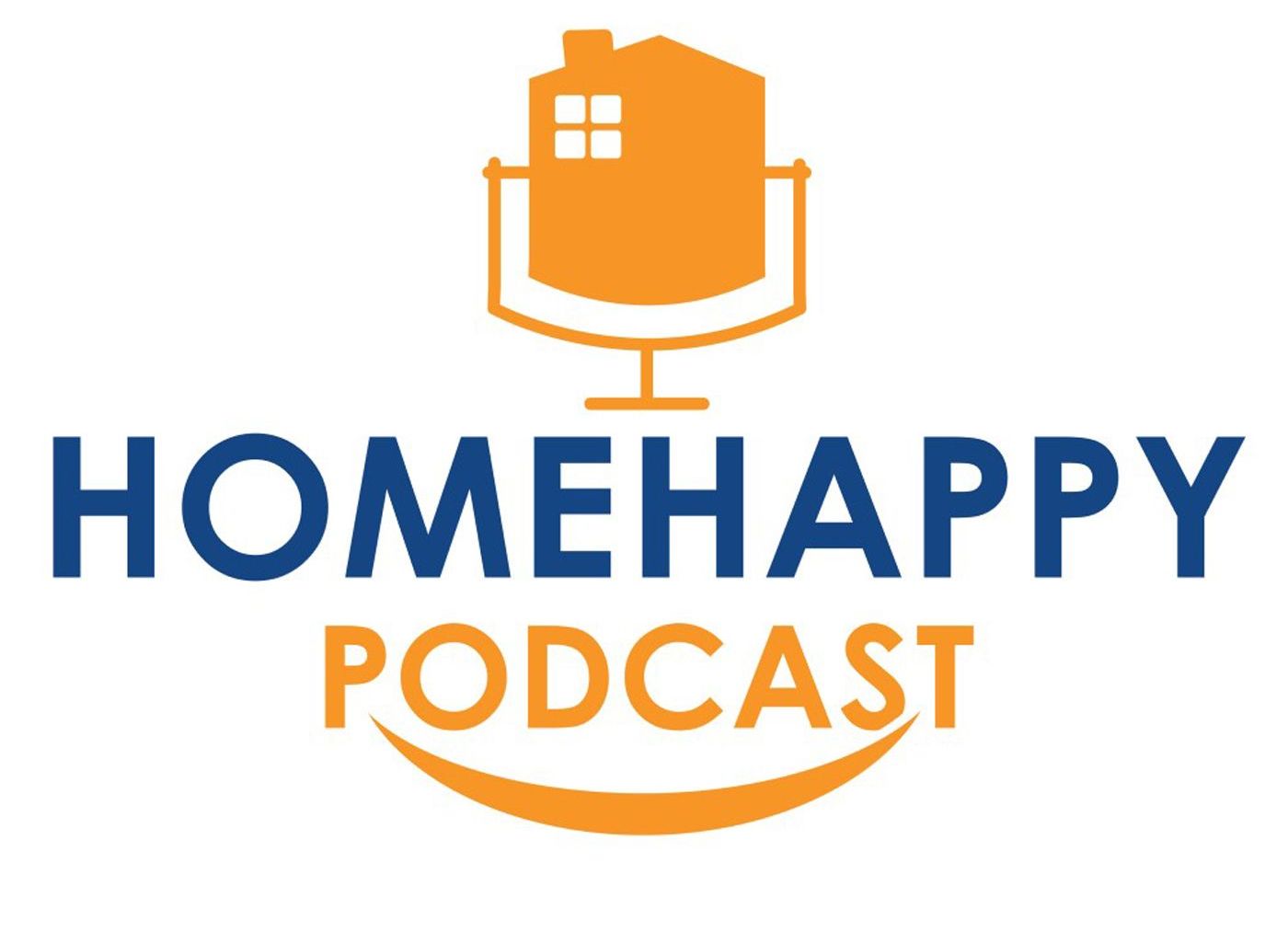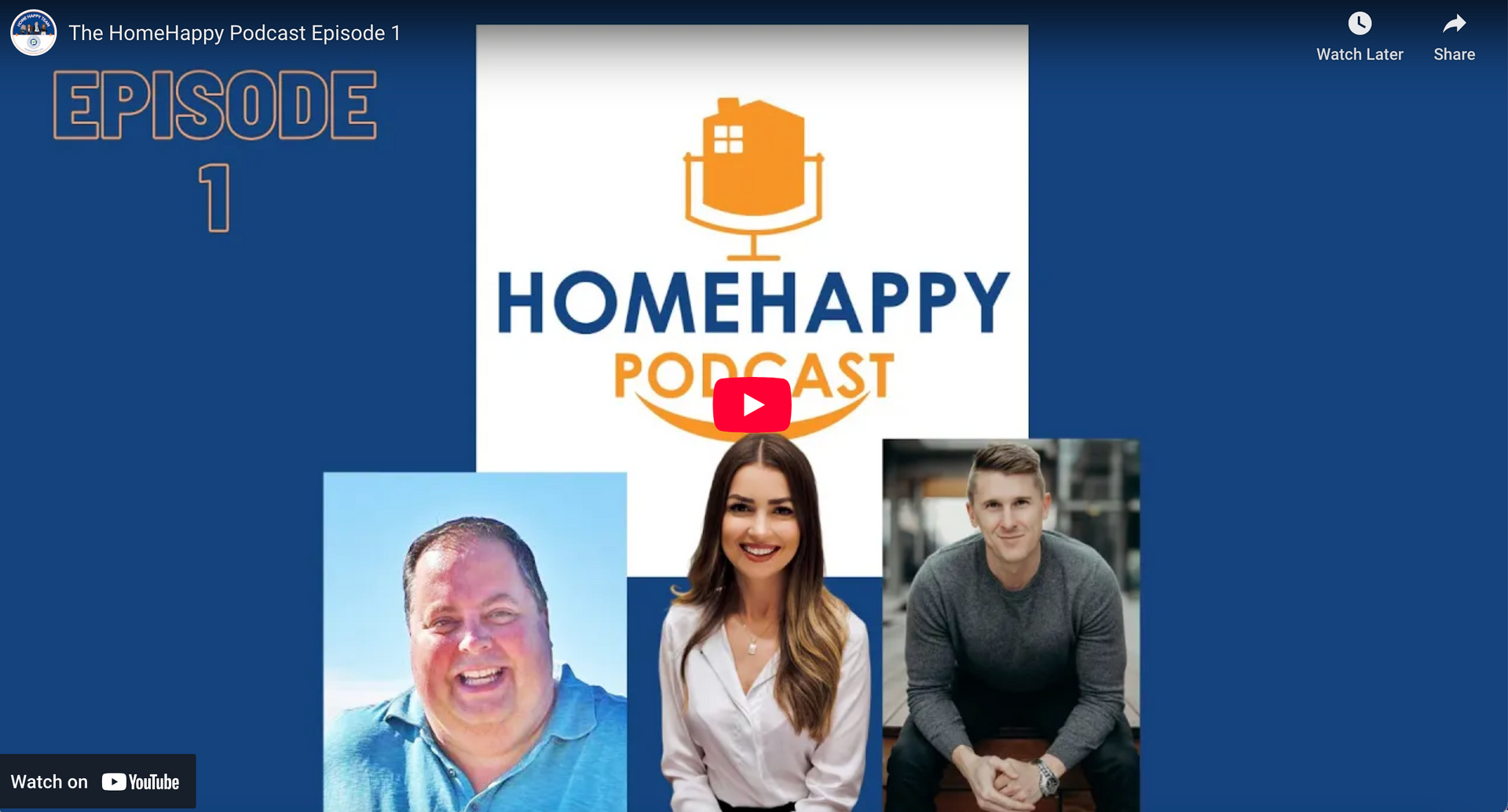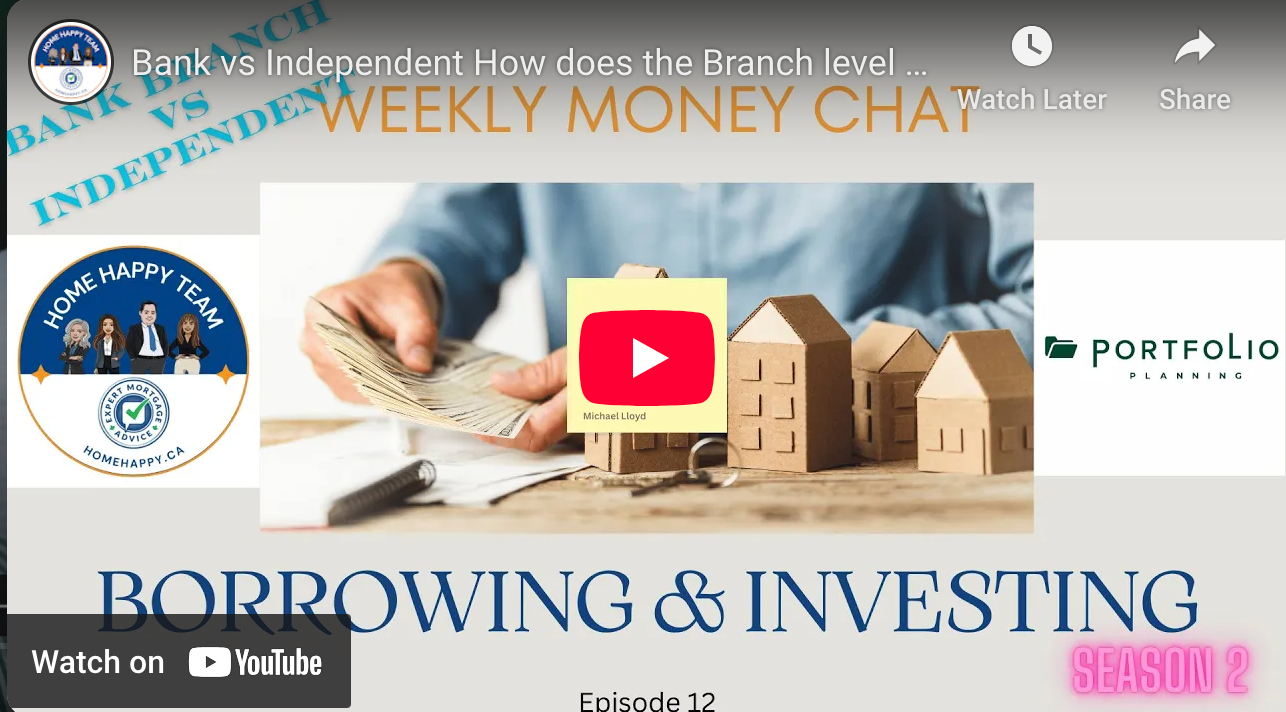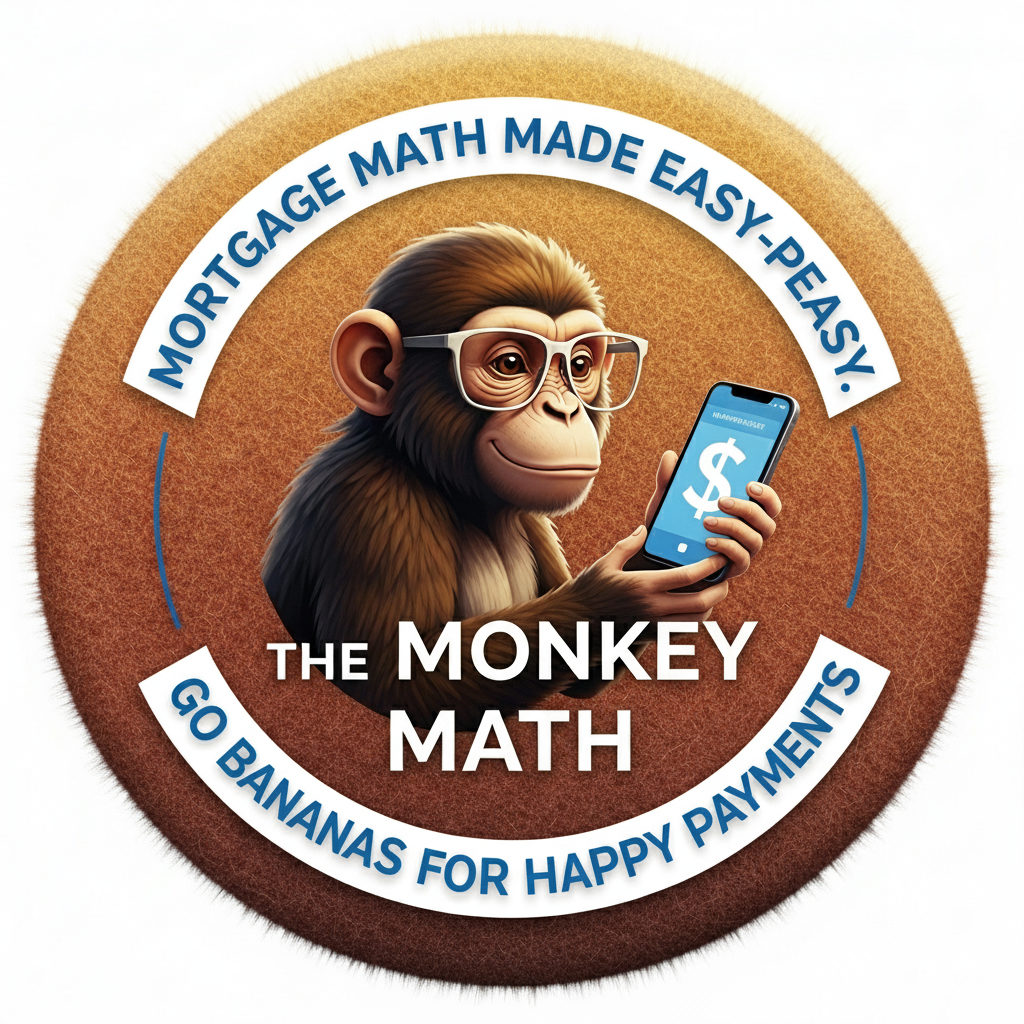
Welcome to the
HomeHappy Team.
Chances are, you’re here for a mortgage—and we’re glad to help!
We help build your story, so feel free to explore, watch a video or two, and get in touch using the “Start Here” buttons around the site (like the one below). Let’s make your homeownership journey an inspiring one!
Access Our Comprehensive Home Buyer’s Guide.
Subscribe To Our Monthly Newsletter

Contact Us
Why Home Happy?
Our industry knowledge benefits you
We find the best solution every time. With over 70 years of combined lending experience, The HomeHappy Team knows the mortgage market inside and out, and we never leave you hanging, we’re with you every step of the way. Put our industry knowledge to work for you!
Care and attention from a whole team
We believe an expert team is more effective than a single broker in providing you with a beautifully designed home loan experience.
Each member of The HomeHappy team has specialized expertise, which serves you better at each step of the mortgage process!
Digital mortgage experience
When you're ready to get started, our simple to use and secure application process is intuitive and keeps your data safe. It's the best place to start as you connect with us to explore your mortgage options. So go ahead, hit the start here button and we'll get this party started.
Check Out Our Latest Rate Synopsis

Grab a cup of our HomeBrew
Your Mortgage. Freshly Brewed.
Even if your mortgage didn’t start with us, you can still enjoy your own Homebrew Report.
Here’s how it works:
Pour in your details — just grab them from a mortgage statement or your original documents.
We brew the report — a fresh monthly digest showing your balance, equity, and hidden opportunities.
Sip on the insights — clear updates, so you always know when it’s time to save money or make a smarter move.
No bitter surprises. Just a smooth blend of clarity, strategy, and peace of mind —
delivered fresh to your inbox every month.
See What Our Happy Clients Are Saying
We Help You Tell Your Story

Videos To Keep You Informed.
Mortgage financing can be confusing. It doesn't have to be. We're happy to simplify the process for you.
Happy calculating.
They say money can’t buy happiness, but it can buy a really nice home!
And if that makes you happy...
Happy Podcast.
We want to help people learn about Real Estate, and so much more.
Join our discussion and make yourself at home!
Portfolio Talks Season 2
Portfolio Talks is a video series that explores investments, financial strategies, and portfolio management. Hosted by industry professionals, it offers expert insights and real-world examples to help viewers navigate building and maintaining a strong investment portfolio, whether they’re experienced or new to investing.






Download Our Mortgage App
What can you do with our mobile app?
- Get Pre-Qualified without a credit check
- Calculate your total cost of owning a home
- Calculate the required income for a mortgage
- Estimate the minimum down payment you need
- Calculate the maximum mortgage you can afford
- Estimate Location specific Closing costs
